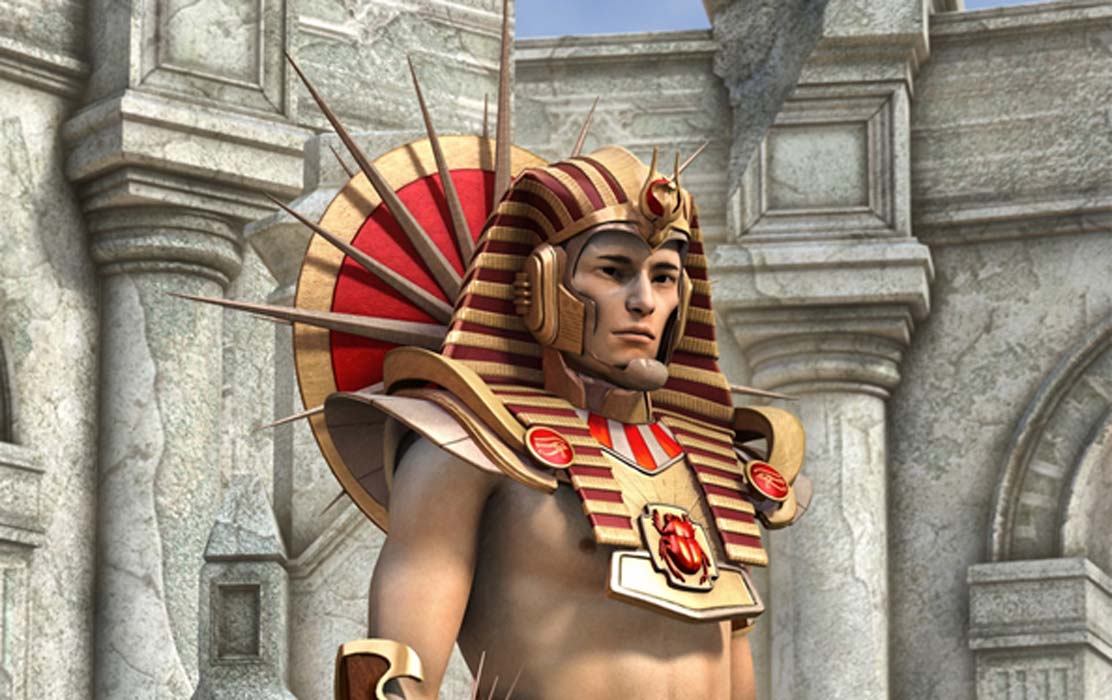How the Epic of Gilgamesh Sparked My Wanderlust
 Travel narratives have captivated humanity for millennia. From the campfire tales of nomadic tribes to the detailed journals of intrepid explorers, stories of journeys have fueled our curiosity about the world beyond our borders. But for me, the spark that ignited my own wanderlust wasn't a modern travelogue or a glossy brochure – it was a clay tablet, etched with cuneiform script, detailing the adventures of a Mesopotamian king from over 4,000 years ago.
Travel narratives have captivated humanity for millennia. From the campfire tales of nomadic tribes to the detailed journals of intrepid explorers, stories of journeys have fueled our curiosity about the world beyond our borders. But for me, the spark that ignited my own wanderlust wasn't a modern travelogue or a glossy brochure – it was a clay tablet, etched with cuneiform script, detailing the adventures of a Mesopotamian king from over 4,000 years ago.
The story I'm referring to is the Epic of Gilgamesh, a foundational work of Mesopotamian literature. It tells the tale of a powerful and restless king named Gilgamesh, who embarks on a series of quests for knowledge and immortality. The epic poem details his travels across ancient Mesopotamia, his encounters with mythical creatures, and his struggles with mortality. While fantastical elements abound, the core theme of exploration resonated deeply within me.
What particularly struck a chord was Gilgamesh's dissatisfaction with a life confined within the city walls. He yearned for something more, a desire to push boundaries and experience the vast unknown. This resonated with my own youthful restlessness. Stuck in the routines of my hometown, I craved adventure and a chance to see the world for myself.
The epic doesn't shy away from the hardships of travel. Gilgamesh faces treacherous mountains, encounters dangerous beasts, and grapples with the loneliness of being far from home. Yet, he perseveres, driven by his insatiable curiosity. This resonated with me as well. Travel isn't always glamorous. It can be challenging, exhausting, and sometimes downright scary. However, the rewards – the breathtaking landscapes, the new cultures, and the personal growth – far outweigh the difficulties.
Beyond the thematic similarities, the specific details of Gilgamesh's journeys sparked my imagination. He travels to the Cedar Forest, a place of immense natural beauty, much like the vast redwood forests of California or the lush Amazon rainforest. He searches for the Utnapishtim, a survivor of a great flood, a story that mirrored the biblical flood narrative I was familiar with. This sense of connection to ancient myths across cultures fueled my desire to see these historical and symbolic places firsthand.
The Epic of Gilgamesh isn't just a travelogue; it's a profound meditation on our place in the universe. Gilgamesh ultimately learns that immortality is unattainable, but his journey allows him to find meaning and purpose in life. This resonated with me on a deeper level. Travel, with its challenges and triumphs, teaches valuable lessons about resilience, adaptability, and self-discovery. It allows us to connect with something larger than ourselves, be it a breathtaking vista or a different culture's perspective.
Inspired by the Epic of Gilgamesh, I started planning my own journeys. My first trip was a backpacking adventure through Europe, following a route vaguely mirroring Gilgamesh's westward quest. Standing amidst the ancient ruins of Greece, I felt a connection to a civilization that co-existed with the tale's creation. Hiking through the Swiss Alps, I experienced the grandeur of nature that Gilgamesh might have encountered in his search for the Cedar Forest.
However, my travels haven't just been about retracing the steps of a fictional king. The Epic of Gilgamesh instilled in me a lifelong desire to explore new places and cultures. I've trekked through the Himalayas, marveling at the snow-capped peaks that dwarf even the mythical mountains Gilgamesh might have encountered. I've wandered through the bustling markets of Marrakech, experiencing the vibrant tapestry of sights, sounds, and smells that transport you to another world.
Every journey, no matter how big or small, has its own lessons. In the bustling streets of Tokyo, I learned about efficiency and respect for personal space. In the serene temples of Angkor Wat, I gained a deeper appreciation for history and perseverance. And in the rugged beauty of Patagonia, I discovered the importance of living in harmony with nature.
Travel, like the Epic of Gilgamesh, is a powerful teacher. It broadens our horizons, challenges our preconceptions, and forces us to adapt. It connects us with the past, the present, and the wider world. While many factors contribute to my wanderlust, the ancient poem etched on clay tablets holds a special place in my heart. It is a reminder that the desire to explore and seek adventure is a human impulse that transcends time and culture.
The Epic of Gilgamesh may be thousands of years old, but its message remains timeless. It's a testament to the universal human desire to explore, to understand ourselves better, and to find meaning in the vastness of the world. It's a story that continues to inspire me, pushing me to seek out new adventures and chase the horizon, just like the restless king of Uruk.
























































